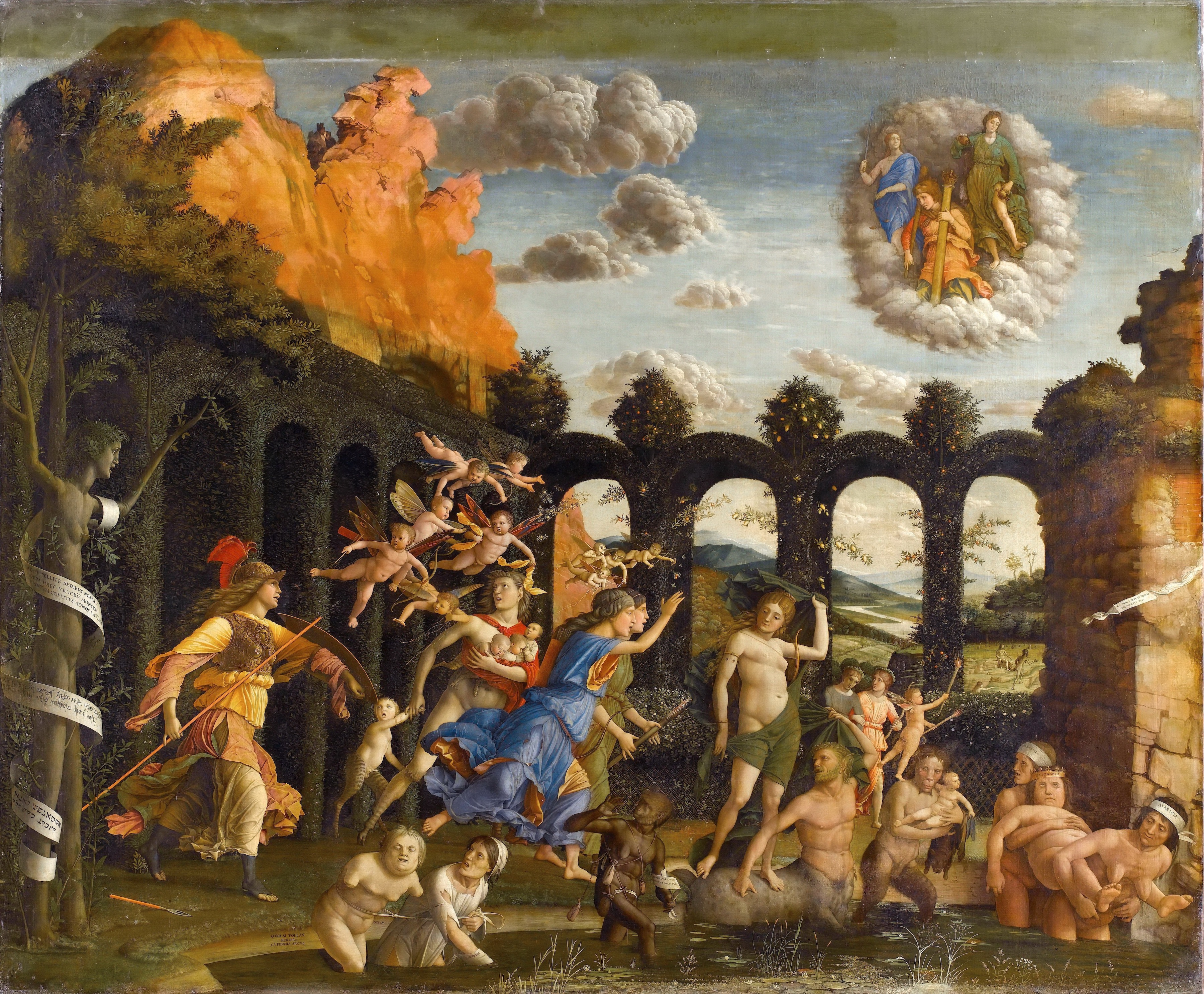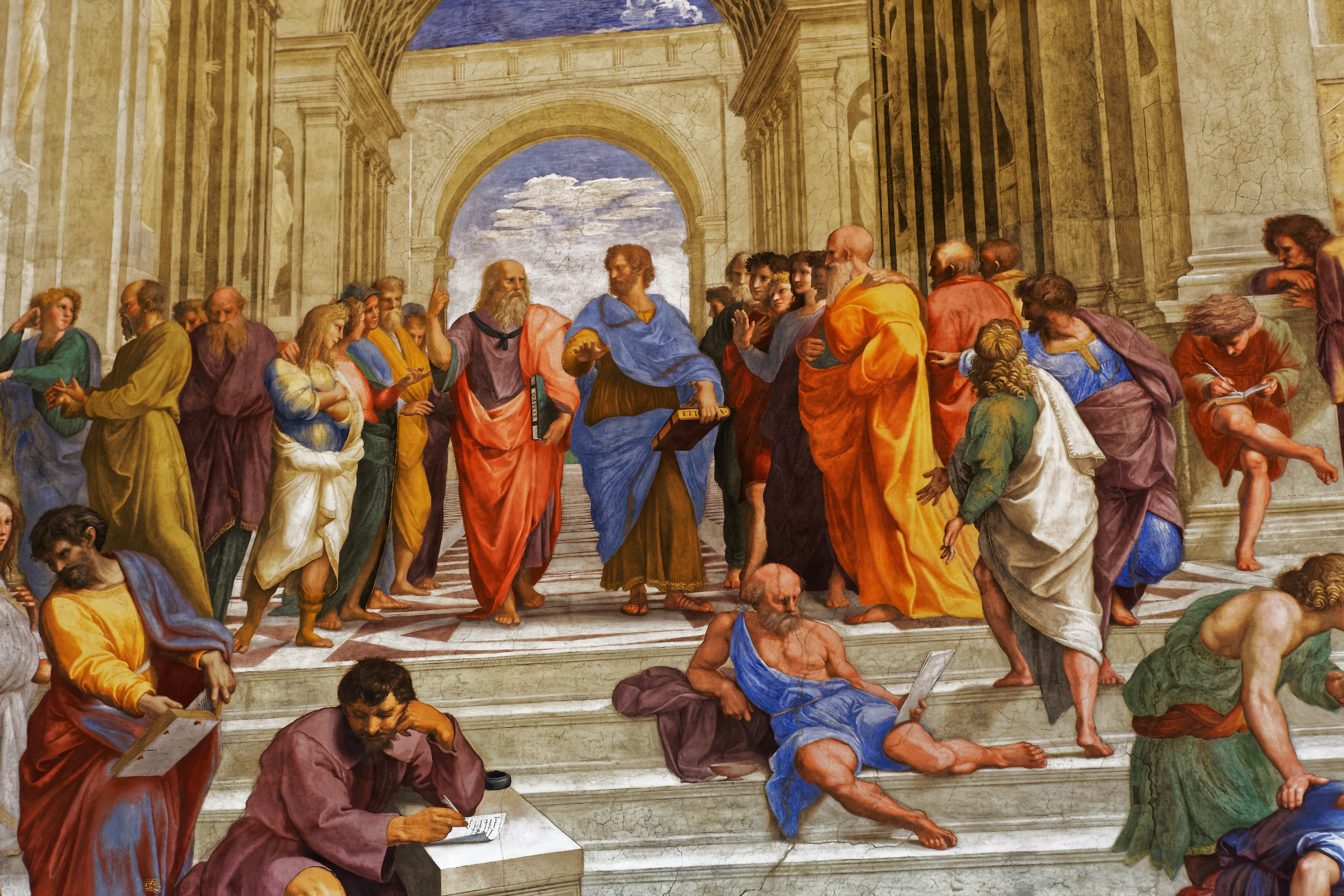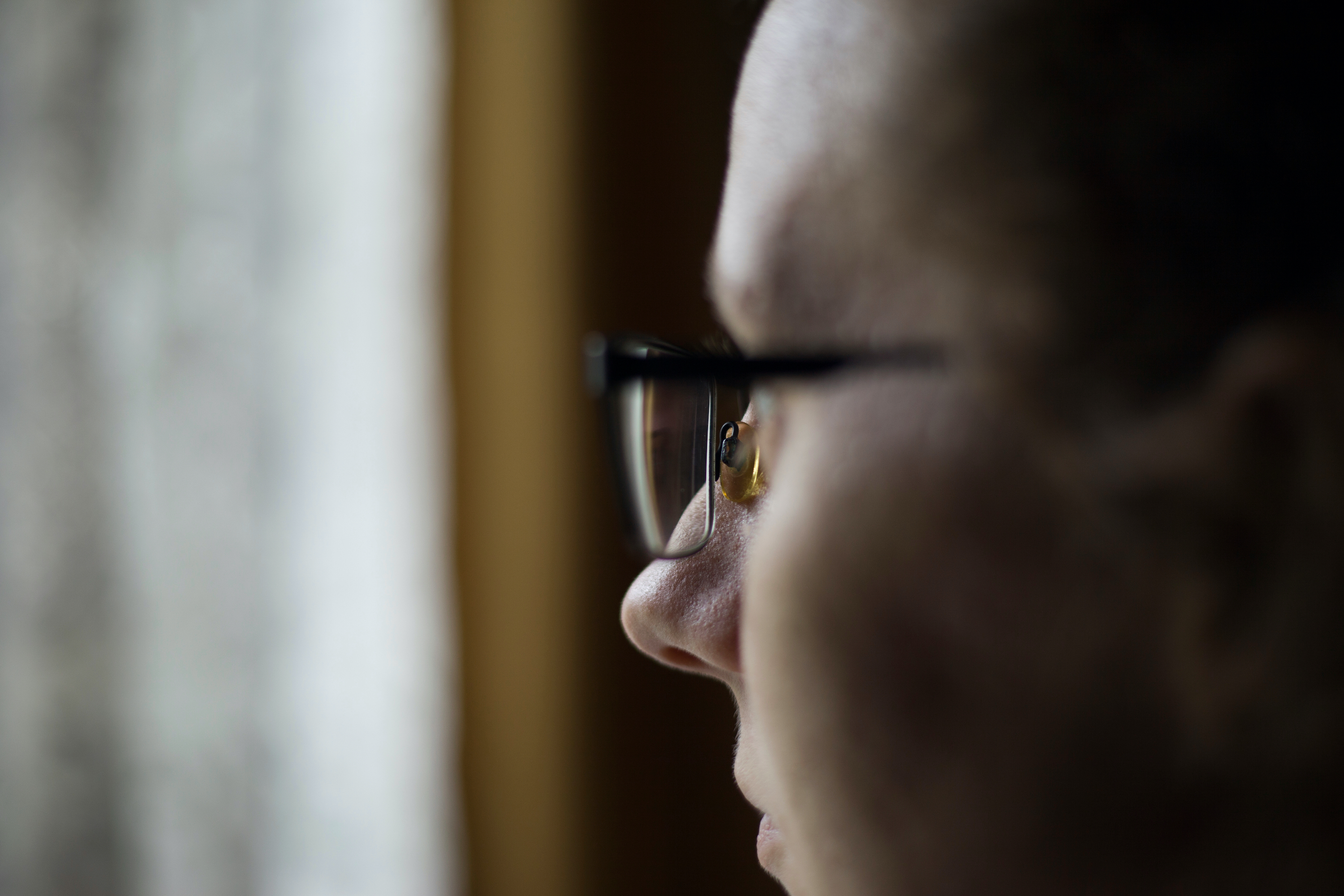Many of us today are asking: how can we take what people learn in a classroom, especially in the humanities and interpretive social sciences, and apply that outside the classroom?
I teach a course called Virtue and Vice in Literature, History and Philosophy. We begin with Confucius and we end with Spike Lee, Maggie Nelson and Danielle Allen. The course is about the idea of virtue and how it changes over time. I want my students to have a sense of what Aristotle meant by moderation, or what Aquinas meant by beatitude or Machiavelli by virtuosity. That’s important; I want them to learn from the texts. But it’s even more important that they learn about virtue as something they can practise outside of class.


